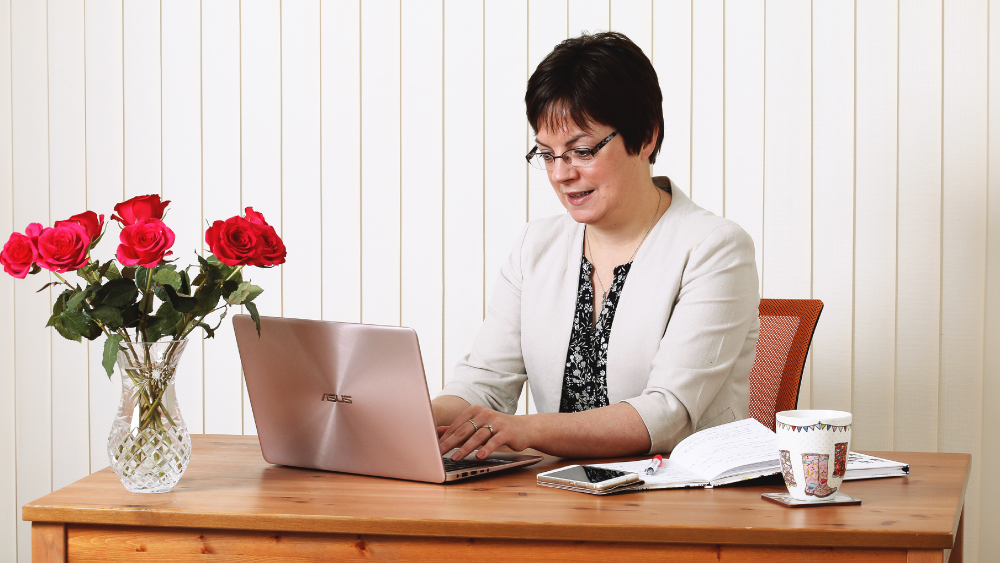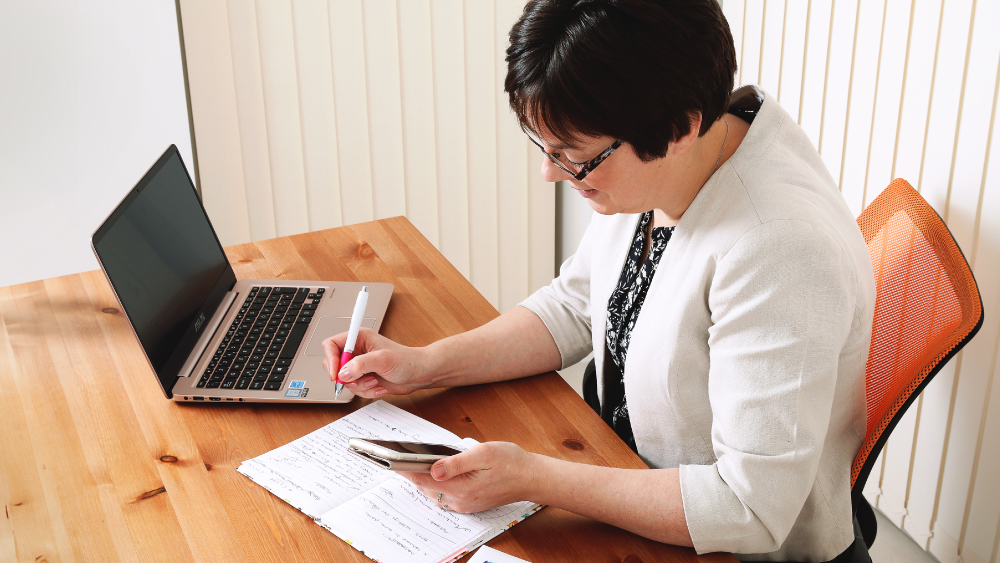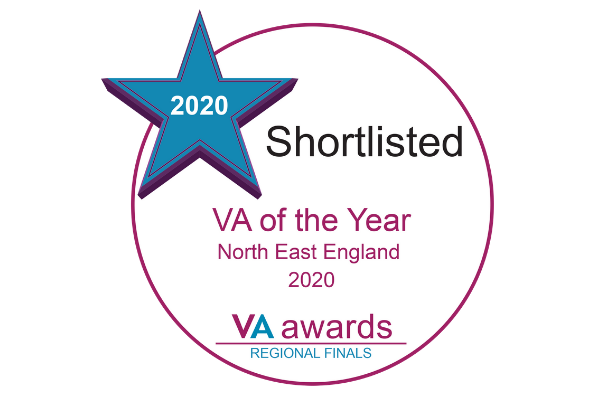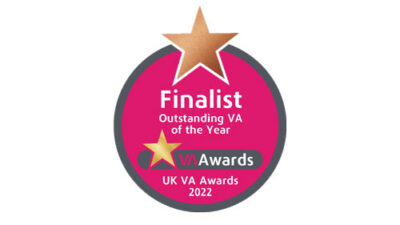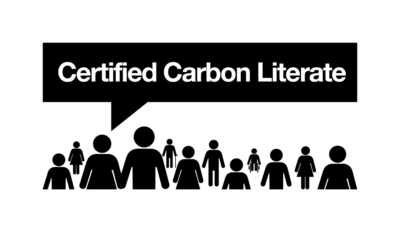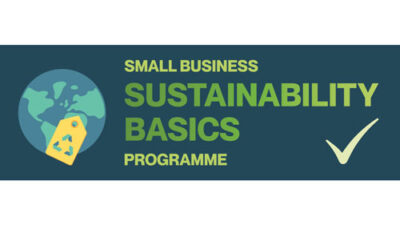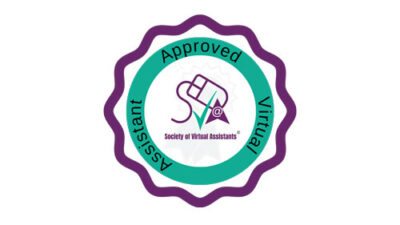How virtual working can boost our post pandemic recovery
 I think a lot of us at the beginning of the year thought we would be in a slightly better position right now when it comes to COVID but, here we are in July 2021, and the challenges are still coming. Although the lifting of restrictions is in sight, a return to complete ‘normality’ still seems somewhat out of reach. As the ongoing uncertainty continues to add pressure and complexity to industry, many businesses are still trying to find their feet with new ways of working and, perhaps most notably, the changing attitudes of the workforce.
I think a lot of us at the beginning of the year thought we would be in a slightly better position right now when it comes to COVID but, here we are in July 2021, and the challenges are still coming. Although the lifting of restrictions is in sight, a return to complete ‘normality’ still seems somewhat out of reach. As the ongoing uncertainty continues to add pressure and complexity to industry, many businesses are still trying to find their feet with new ways of working and, perhaps most notably, the changing attitudes of the workforce.
People have had their eyes opened when it comes to different ways of working – the office-based 9-5 employee is no longer the standard. The cumulative effect of working from home, meetings on zoom, and the worldwide impact of COVID, has served to connect us all together more than ever before – both culturally and in business, the current climate has created a more global and open-minded way of thinking.
The pandemic has highlighted the importance of more flexible working hours; it’s demonstrated to business leaders, who may have previously been a tad skeptical, the benefits of working from home; it’s shown the importance of having a collaborative mindset, and that that can be achieved in different ways and different places, outside of an office environment.
And, perhaps most powerfully, it’s helped to activate an unprecedented level of inspiration and innovation. Akin to a sort of resilient war time response, the pandemic has given rise to a so-called COVID economy; a start-up boom, that includes everything from new businesses selling timely products such as face masks or homemade soaps, to workers who, after being made redundant, took a chance, got creative or followed a dream.
Data from Enterprise Nation revealed that new business formations in the first nine months of 2020 were 9.5% higher than the same period in 2019; when looking at March until September, London saw the biggest year-on-year increase in new start-ups at 20%, but was closely followed by Yorkshire and Humber with 14%. Of course this doesn’t surprise me at all – us Yorkshire folk are well used to hard work and being resourceful, making the most of a bad situation.
And I’ve seen this trend clearly reflected in my own business over the last 18 months.
When I founded Business Owl back in 2016, virtual assistants (VA’s) weren’t as common. I was still working in an employed role whilst I launched the business and worked to establish a more forward-thinking client base that was committed to working virtually and collaboratively long-term. Fast forward to 2021 and the industry growth has been huge – the combination of innovation, entrepreneurship, connected communities and open-mindedness, that has risen from the depths of a global disaster, has led to a boom in virtual businesses, especially VA’s, that is heartening to see. Personally, I’ve taken on three additional VA’s at Business Owl, and have seen the rise of amazing professional support organisations, conferences and even the UK VA Awards, the investment in which clearly shows that this way of working is here to stay.
I’ve also seen my customer base multiply as the self-employed, entrepreneur and small business community look to embrace this new way of working. Because virtual staff offer the perfect solution to current industry challenges: they deliver all of the flexibility, collaboration and support that the new normal demands, whilst eliminating the cost, stress and responsibility of looking after payroll staff during the most testing and unpredictable of times.
The potential for this new and innovative way of working is huge. Instead of hundreds, or thousands, of workers at a time being entirely reliant on the success of one business, it empowers individuals, supporting them through a virtual web of connectivity. This way of working has the power to encourage innovation and healthy competition, and to stimulate economic growth by providing more employment opportunities, which often generate higher incomes. It facilitates agility and resilience. These are all factors we’re going to be relying on heavily as we look to re-build both our economy, and society, post-pandemic.
Ultimately, I predict that this COVID economy, with its rapid growth in entrepreneurship, collaboration and virtual working – as demonstrated so well by the rise of the VA – will play no small part in the country’s financial recovery.
This article was first published in the Business section of the Yorkshire Post on 6th July 2021 (and the first paragraph has been updated to reflect the subsequent change in Government regulations).

